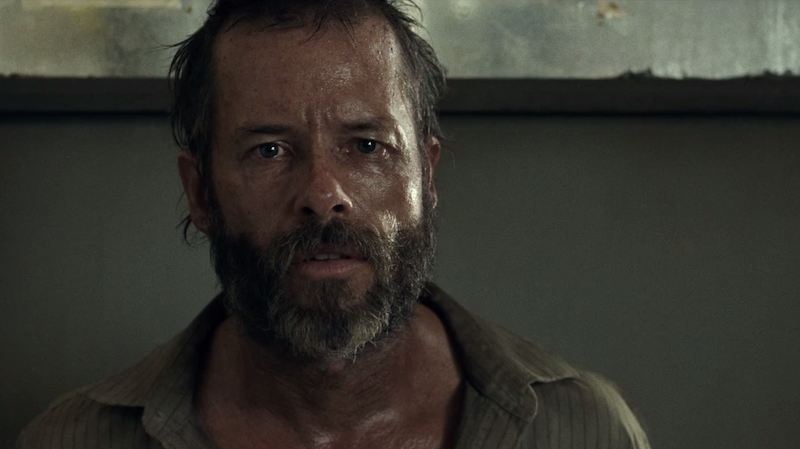Aside from being partly a product placement for Steve
Harvey’s relationship book, “Think Like A Man” (directed by Tim Story) was a
worthwhile romantic ensemble comedy in which a group of men and women competed
against each other to be the top dogs in their relationships. Yes it was
clichéd, but it had a great cast that had great chemistry. Now comes “Think
Like a Man Too” (also directed by Story), which wisely distances itself from
the book (and Harvey, mostly) and tones down the Battle of the Sexes plot so
present in the first one. This time it takes place in Las Vegas and the night
before one of the couples is to be married, the males and the females will have
a little fun.
The entire cast is back, which is the movie’s main asset. There’s
the betrothed couple Candace (Regina Hall) and Michael (Terrence Jenkins),
Jeremy (Jerry Ferrara) and Kristen (Gabrielle Union), Zeke (Romany Malco) and
Mya (Meagan Good). Then there’s Dominic (Michael Elay) and Lauren (Taraji P
Henson), the token white dork couple Bennett (Gary Owen) and Tish (Wendi
McLendon Covey). And who can forget the high energy Cedric (Kevin Hart) who
acts like a horny puppy dog for the duration of the movie. Not necessarily a
bad thing, by the way. As far as Kevin Hart is concerned I think he’s hit and
miss. At times his hyperbolic little guy schtick can be great and other times
it can wear you out.
Luckily he’s in the company of some immensely talented
comedians that prevent the movie from just being The Kevin Hart show. Elay—who
was in another Kevin Hart comedy earlier this year, “About Last Night—especially
excels as the sensitive chef, along with Hall who manages to be both sweet and
raunchy. I also have to commend Owen, whose dorky married with kid’s white guy
character chimes in at just the right moments. For example, he would be more
content with seeing “The Jersey Boys” than going out and partying.
As in the first movie there is still competition between the
men and the women (in the form of dueling/bachelor/bachelorette parties) but as
I said before it’s toned down considerably and instead the movie is mainly
about two sets of friends escaping to Vegas for the weekend to hang out and b.s
with one another. Nothing wrong with that, by the way. In fact I welcome that
kind of comedy. There doesn’t need to be any babies, or tigers, or gangsters or
other wildly extravagant gags and plot points (I’m looking at you “Hangover”)
to make the movie funny. And it’s this simplicity, along with the near flawless
comedic chemistry of the cast, that makes “Think Like A Man Too” entertaining
enough.
Are there clichés? Sure. There’s a gambling montage (two in
fact) and a shopping for nice clothes montage. Does every joke work? Of course
not. The worst offender is easily the lengthy (and fatiguing) singalong to the
90’s R&B/Hip Hop song Poison by the girls in a nightclub. And as to be
expected there’s the usual third act drama that almost slows the action to a
halt. Luckily, Story and Co. don’t spend too much time on it, keeping the
comedy momentum going until the credits roll. And even better they’re able to
avoid the break up/make up plot point altogether, something that caused the
first movie to drag (you know, because there were five couples and therefore five
break up/make up sequences).
For what it’s worth “Think Like A Man Too” is better than
its predecessor. The jokes are better overall, it’s not structured around
Harvey’s book, the men and women are already together which saves us the hassle
of having to sit through multiple girl/guy wooing scenes and it doesn’t feel
redundant. It might help to see the first movie –if you want to get acquainted
with characters and see how they got together—but at the same time I think it
can be enjoyed by itself. A critic colleague sitting next to me hadn’t seen the
first one and seemed to like it just fine.
“Think Like A Man Too” isn’t great and it won’t stand the
test of time and I’m sure after a couple months I will have forgotten about it.
But for the time being, you can do much worse.
B-



